Description
Skyrizi (risankizumab-rzaa)?
- Skyrizi (risankizumab-rzaa)
-
Drug class: Monoclonal antibody; IL-23 antagonist.
-
Mechanism of action: Binds to IL-23 (specifically the p19 subunit), blocking its interaction with its receptor and consequently reducing inflammation in skin, joints, and intestinal lining.
-
Formulations: Available as prefilled syringes, pen injectors, prefilled cartridges with on-body injectors, and also as IV infusion in certain cases (especially for induction in Crohn’s disease).
Approved Uses & Indications
Skyrizi (risankizumab-rzaa) is approved for treatment in adults for the following conditions:
| Condition | When used / Patient criteria |
|---|---|
| Moderate to severe plaque psoriasis | When systemic therapy or phototherapy is required. |
| Psoriatic arthritis | For active disease, alone or in combination with methotrexate, especially in patients who have inadequate response to DMARDs. |
| Crohn’s disease | Moderately to severely active disease when conventional or biologic therapies have failed or are not tolerated. Includes induction (IV) and maintenance phases. |
| Ulcerative colitis | For moderate to severe cases when other treatments have not been effective or tolerated. |
Dosage & Administration
-
Psoriasis & Psoriatic arthritis: Initial doses at weeks 0 and 4, then 150 mg subcutaneously every 12 weeks (maintenance).
-
Crohn’s disease induction: Usually 600 mg IV at weeks 0, 4, and 8. Maintenance thereafter is subcutaneous injections at intervals (often every 8 weeks); dose depending on response.
-
Ulcerative colitis: Similar induction and maintenance approach (with IV for initial phase, then subcutaneous during maintenance).
Efficacy & Key Benefits of Skyrizi (risankizumab-rzaa)
-
Skyrizi (risankizumab-rzaa) has shown high rates of symptom improvement in clinical trials: reduction of psoriasis plaques (often large drops in PASI score), improvements in joint pain and swelling in psoriatic arthritis, and reductions in disease activity in Crohn’s and ulcerative colitis.
-
Long-term maintenance dosing allows for less frequent injections for many indications (every 8 or 12 weeks depending on condition) which improves convenience.


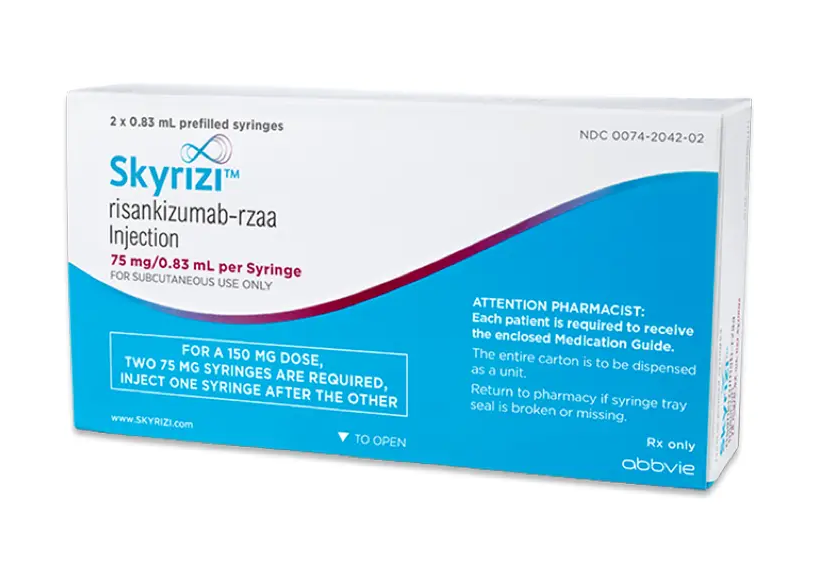
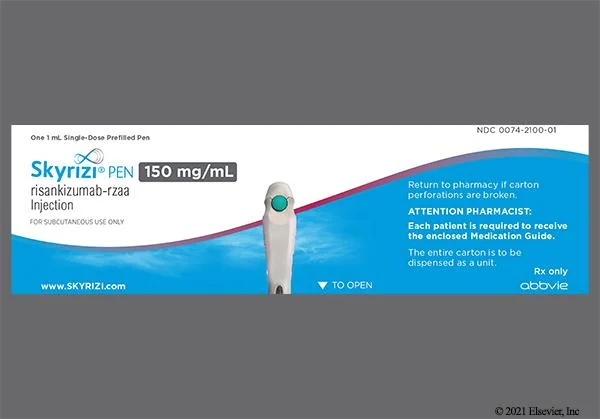
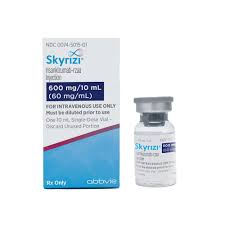


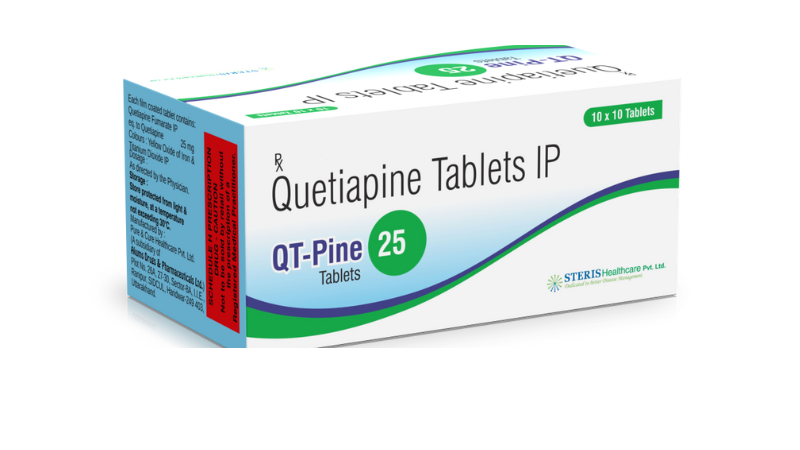








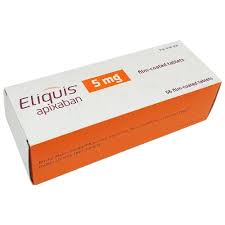
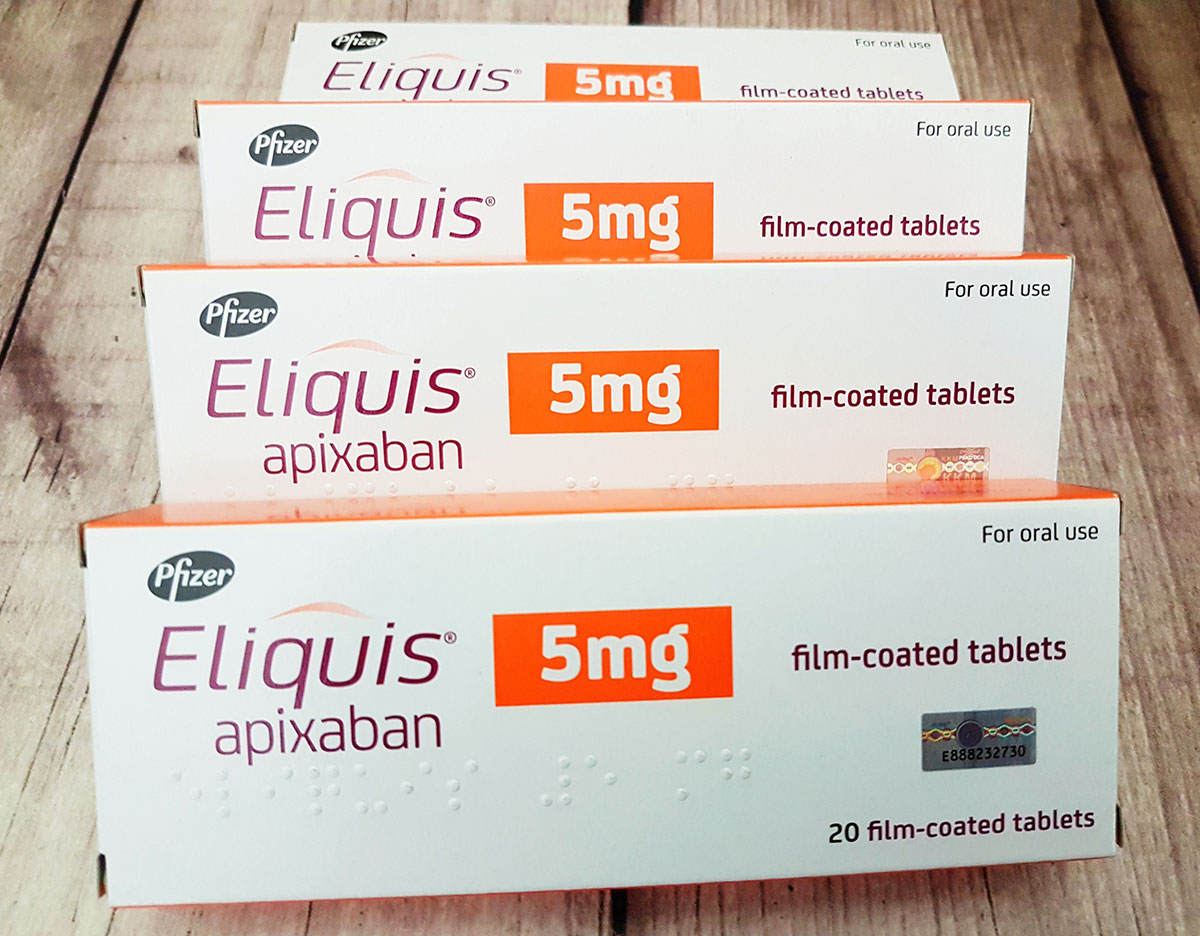
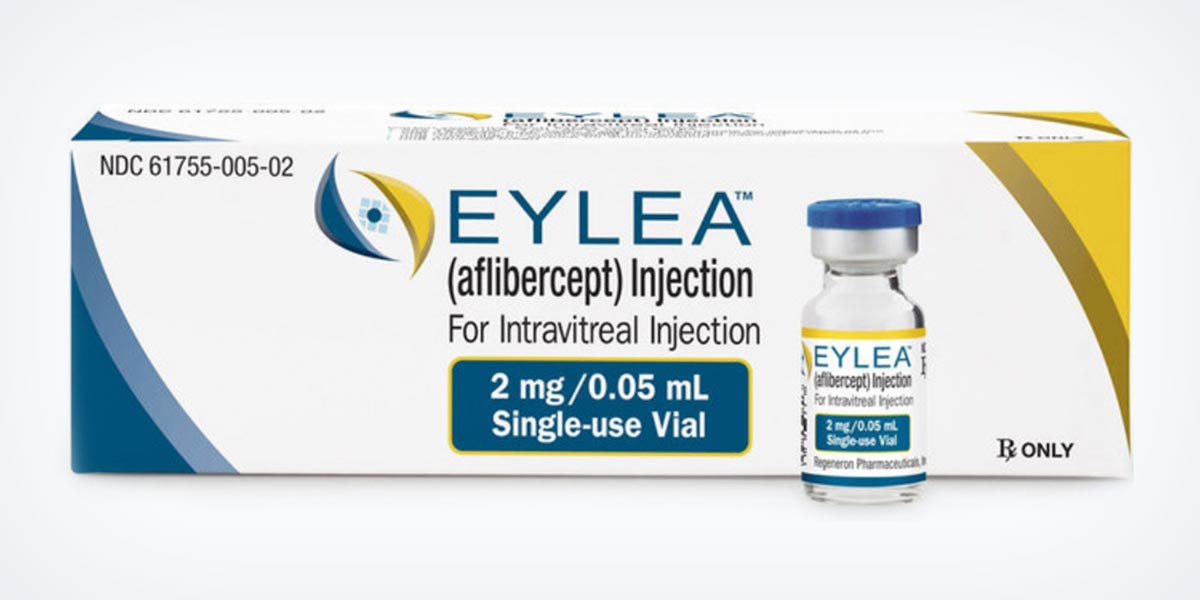
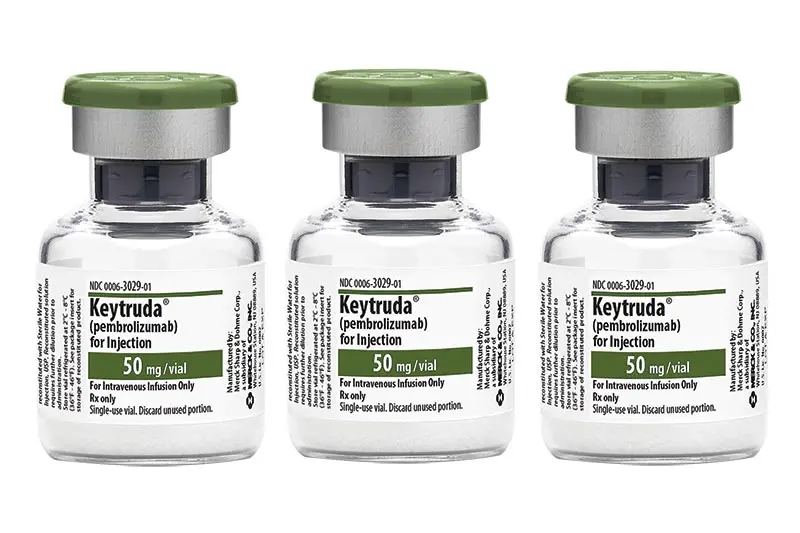
Reviews
There are no reviews yet.